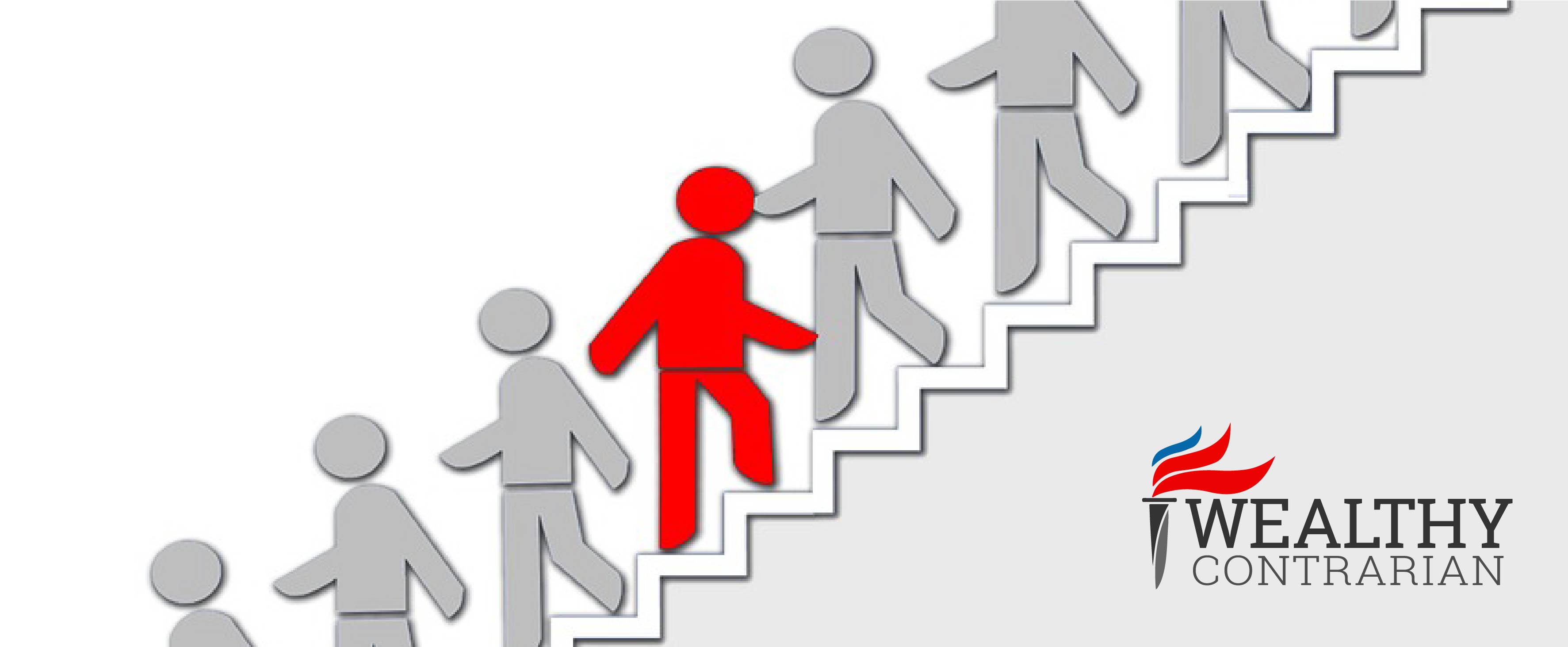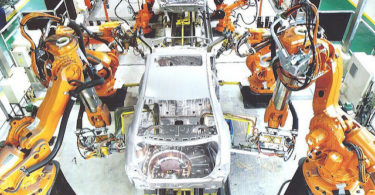
When I say the word “blockchain,” most people immediately think of bitcoin.
Of course, they’re right. Blockchain provides a secure framework for bitcoin transactions.
But the technology’s reach goes far beyond just bitcoin.
Blockchain holds the key to an entirely new system of the world.
Its expansion in the coming years will trigger major changes in the way we live our day-to-day lives.
And there are two areas in particular that will experience major breakthroughs as blockchain technology continues to gain traction.
Blockchain Breakthrough #1: The New Security Architecture
There were a billion breaches on the internet last year. A billion breaches of private data.
As a result, security technology spending is growing faster than ever. We’ve seen a 20-30% rise every year in spending on internet security technologies.
But that only means more and more ways for hackers to find a way in.
And we know that internet security is driving everybody crazy.
Consider that the government is trying to ban international technology from our market merely because they're afraid it might be hacked.
By doing so, they're expressing belief in intrinsic vulnerability of all our internet connections.
The thing is, that cultivates paranoia. And that paranoia has to be addressed not with psychiatry, but with new technology.
Part of the problem is that internet security is centralized. By centralizing your security, you actually help hackers and spies. Because it tells them 1) what's important and 2) where it can be found.
This is the fundamental vulnerability of all centralized security, and the classification systems that are associated with it.
And the technology to address it is the blockchain, which offers the new security architecture for the internet.
That’s because the blockchain provides an immutable record of all transactions and information transmissions that have occurred — and distributes a compressed version of all the data to everyone in the network.
By using a distributed model instead of centralized, we won’t have all information in one place — where it’s an easy target for hackers. Instead, you’d have to attack all the records across the whole internet before you can change anything or steal anything.
What does that mean for you?
It will mean that you are not in charge of security.
You don't have to learn dozens of different passwords to access every walled garden on the internet. No more sets of security questions and entering your mother's maiden name, or the last four digits of your social security number.
Your identity goes where you go, all accessible blockchain. Available anywhere you go, but ultimately protected at the same time because no one else will have the same digital footprint, the same digital signature as you.
Blockchain Breakthrough #2: Giving Power Back to Money
There’s a major problem when debt is growing three to four times faster than the economy.
And a big part of that problem is the fact that we’ve adopted an absolutely preposterous monetary system — one where central banks just manipulate money in order to supposedly regulate the economy and summon growth.
The problem, of course, is that growth is real. It’s not some kind of illusion that can be conjured up by magicians at the central bank.
The reason trade today is so contentious — and why the whole world economy is convulsed with battles over valuation — is that the biggest industry in the world economy today is currency trading.
Currency trading reaches $5.1 trillion dollars a day. That's almost 75 times all the trade of goods and services. That's 25 times all global GDP.
It doesn't even arrive at a measuring stick, at a value that an entrepreneur can depend upon.
It seems that governments have forgotten what money is for and how it works. As a result, they’re issuing more and more of it, on the assumption that somehow money constitutes wealth, instead of realizing that money measures wealth.
So in this paradigm, I think it’s perfectly possible for people to blind themselves to the real sources of their progress and prosperity.
You can't get real growth by fooling people about the value of their measuring sticks.
If money is going to be a measuring stick for the allocation of resources and guidance for investment, it can't float. It has to actually register real scarcity. It must be a fixed rate.
One way to do that is to tie money to physical constants.
It was gold until 1971. And I believe that blockchain — along with cryptocurrencies — offer the solution today.
It’s not just about creating a new form of money that the government can’t touch.
With the help of blockchain, some cryptocurrencies will eventually replace real money and displace wildly floating currencies.
There are even efforts to tie cryptocurrencies to gold.
That will create a stable coin standard — from which I think it will be possible to launch digital algorithms that can perform better as money than the various contraptions of gold and fiat (paper money).
With the help of blockchain and some cryptocurrencies, I think we're on the verge of an emergence of a better global money, which will resolve these ridiculous trade conflicts between the U.S. and China.
As a new global money emerges, real money, I think that we can have a great new era of capitalism.
The Blockchain Explosion is Well Underway
So when will we see blockchain make a real impact on the world economy?
It’s happening faster than you think.
Just look at Jamie Dimon at JP Morgan — who used to deride blockchain. He’s now devoting much of his technology to developing blockchains for his own bank.
And the owner of the New York Stock Exchange is launching products around blockchain.
But it’s like the internet was in the late '90s and early 2000s. There was lots of turbulence. There were slumps and crashes. There were frauds and fantasies. And people were inclined to dismiss it or regard it as a criminal conspiracy.
Then today you have companies like Google, Amazon, Facebook, Netflix, and Apple that have taken over by leveraging this once-volatile technology.
This is the typical foundation for an explosive new technology — one that will provide the backbone for a more secure internet, along with a revitalized form of money.
And several ways to profit along the way.






